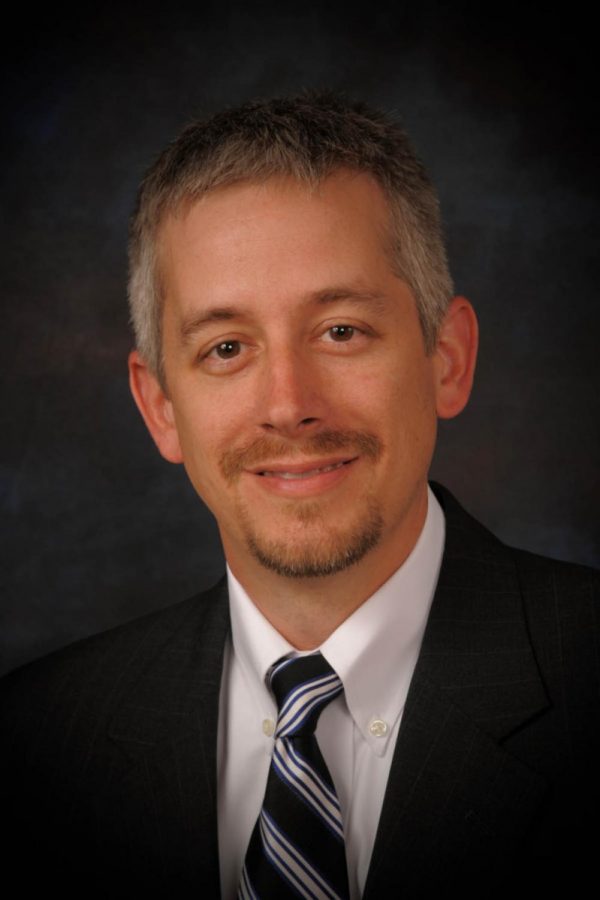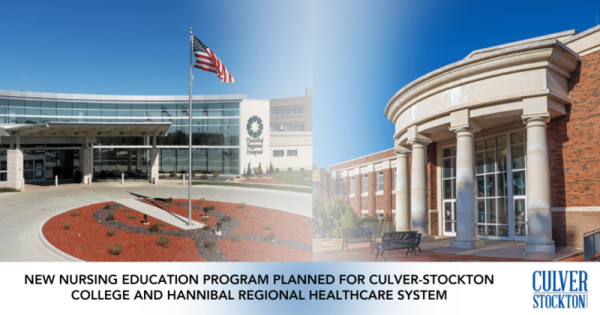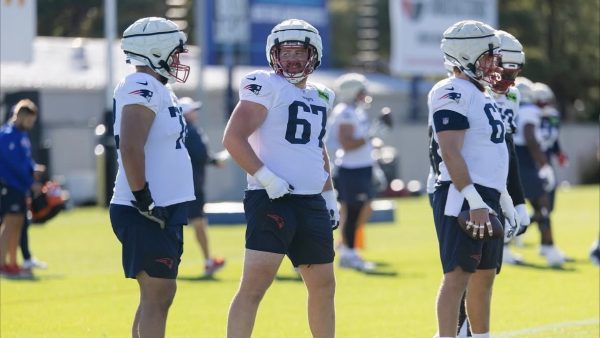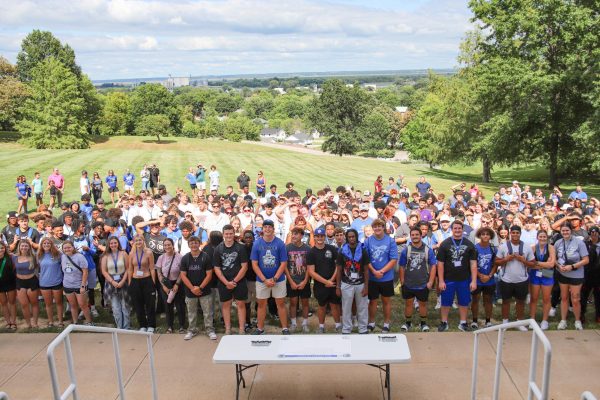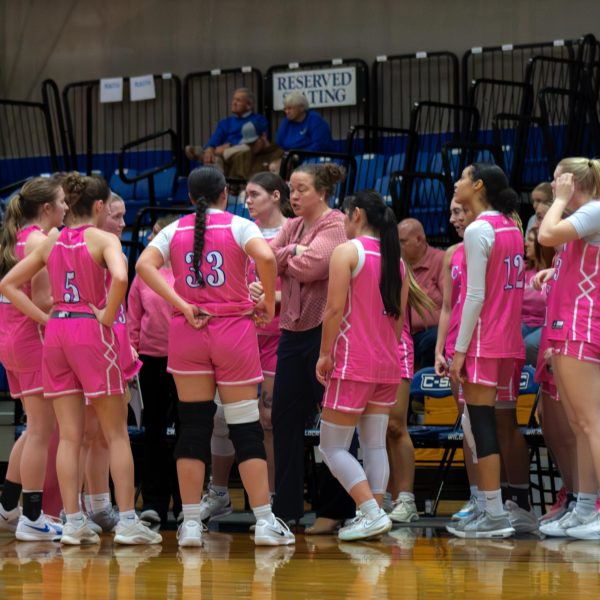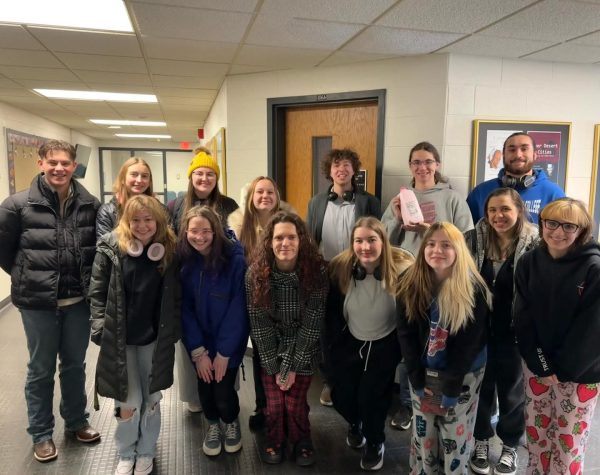Delta Week Presents “Where the Money Resides,” With Dr. Eric Larson
Dr. Eric Larson
In celebration of Black History Month, Delta Week has done it again with a zoom seminar titled Where the Money Resides with speaker Dr. Eric Larson, Senior Lecturer of Business. Dr. Larson provides students with information regarding how to manage student loans and finances. Most students automatically associate education with student loans. Not only must they finance their education with these loans, but they also graduate with debt caused by student loans.
It is important to be knowledgeable of how to manage money and finance your higher education. In other words by Dr. Larson, “Investing in yourself and investing in your future.” He says he has spent years paying off these loans. Moreover, he didn’t realize all of the factors that our loans have an effect on and vice versa. A few examples he discusses are marriage, buying a house, and buying a vehicle. Monthly payments could go up because of combined annual gross income (which increases with marriage due to two people receiving income). An individual may lose interest deduction with taxes. These are very real realities for college students as they progress with their future.
Dr. Larson shares his advice with students, as well as gives examples from his own experiences that he has learned from along the way. One of the best things students can do–the only way to get somewhere–is with a plan. “A budget is your plan,” he says.
In creating a budget and paying off loans, Dr. Larson suggests enrolling in autopay, paying of capitalized interest, using “found” money to put down on loans, and not using credit cards! “…If you need one, get a prepaid one.”
The most common types of loans students receive are subsidized loans (in which the government pays the interest while the student is in school or deferment) or unsubsidized loans (the student is responsible for paying the accruing interest). There are several ways to help pay off student loans, including loan forgiveness programs, such as through public service, teaching, and disabilities.
Dr. Larson closes his discussion with words of wisdom with managing finances: pay off debt first, always live below your income, invest in yourself, and be your own bank–”Don’t pay a bank for things you can do yourself.”

